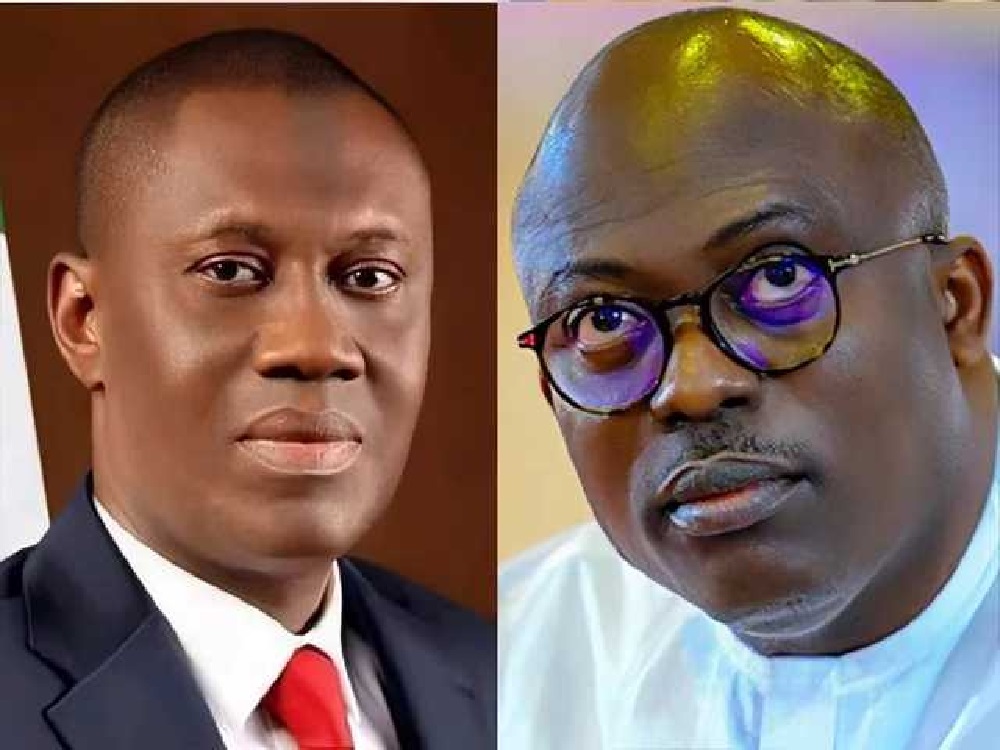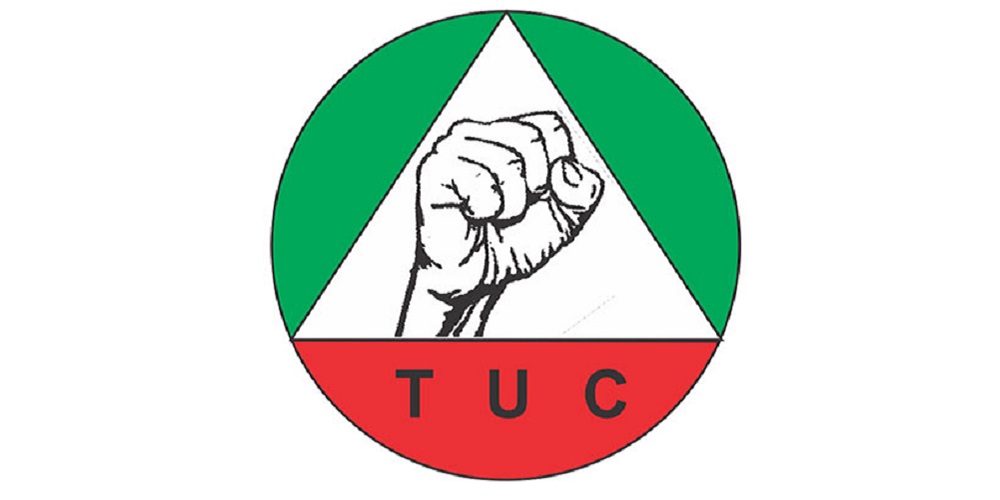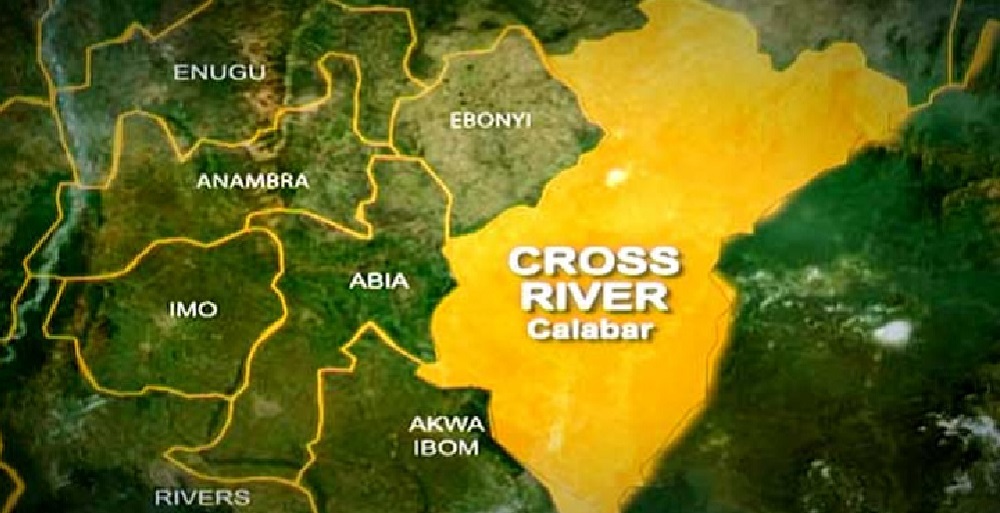News
I Saw Governor Siminalayi Fubara On TV Saying He Is The Chairman Of The Commission – Solomon Bob

Honourable Solomon Bob, a member of the House of Representatives, has alleged that Governor Siminalayi Fubara claimed to be the Chairman of the Rivers State Electoral Commission. He questioned the legitimacy of the just conducted Local government election while highlighting the unusual circumstances surrounding it.
He further alleged that the RSIEC rushed to announce the result in the government house, rather than their office. He identified the importance of following the due process by law, stating that a notice must be sent 90 days earlier to invite participation in the election. He criticized the lack of campaign and notices to other parties, describing the situation as an embarrassment.
He said in an interview with Channels TV from 19:10, ‘You have to send a notice 90 days earlier to say everybody should come and participate in the election. If you don’t do that, then you haven’t really prepared for the election, so what’s the point of the election? You don’t wake up after ambushing people and say you want to have an election. There’s no campaign, and there are no notices to other parties. You wake up one day, distribute forms to a few of your colleagues, and then you have an election.
Then, the RSIEC rushes to somewhere in the government house and announces the result. It was an embarrassment. It doesn’t matter who would have won; the point is to follow the due process by law. It doesn’t matter if he had won with whatever party he chose to run with. I saw Governor Siminalayi Fubara on TV saying he is the Chairman of the Commission.
He funds it, and then you saw him invade the commission area with his men before he moved them to the government house. Where was the result of this election announced? Was it at the RSIEC office? It wasn’t. So, let’s be factual when dealing with Rivers state matters.”
News
Nigeria expresses sympathy as 76 die in Turkiye hotel fire

By Francesca Hangeior
Nigeria has condoled with the Government and People of Turkiye over the fire incident at the Grand Kartal Hotel in the Kartalkaya Ski Resort where 76 people died.
This is contained in a statement by the acting spokesperson of Nigeria’s Ministry of Foreign Affairs, Kimiebi Ebienfa, on Wednesday.
“The Federal Republic of Nigeria wishes to express deep condolence to the Government and People of the Republic of Turkiye over the unfortunate fire incident at the Grand Kartal Hotel in the Kartalkaya Ski Resort.
“The fire, which claimed the lives of 76 persons and injured more than 50 others in Bolu Province in Northwestern Turkiye, was reported to have started in the early hours of Tuesday, Jan. 21, 2025.
“The Federal Government of Nigeria sympathises with the Government of the Republic of Turkiye and the families of the victims of the fire incident, and also wishes a speedy recovery of the injured,” the statement said.
News
TUC proposes N2.5m threshold for personal income tax waiver

The Trade Union Congress of Nigeria has called for an increase in the tax exemption threshold from N800,000 to N2.5m per annum to ease economic challenges faced by low-income earners.
The union stressed that this measure would increase disposable income, stimulate economic activity, and provide much-needed relief to workers and their families.
The president of the union, Festus Osifo, made the call in a statement on Tuesday.
He said, “We still have two items that we strongly believe should be reviewed in the tax bills that will immensely benefit Nigerians.
“The threshold for tax exemptions should be increased from the current N800,000 per annum, as proposed in the bill, to N2,500,000 per annum. This will provide relief to struggling Nigerians within that income bracket, easing the excruciating economic challenges they face by increasing their disposable income.”
On the proposed transfer of royalty collection to the Nigeria Revenue Service, the TUC president warned of potential revenue losses and inefficiencies due to the lack of technical expertise in oil and gas operations within the NRS
He said, “The proposed bill assigning royalty collection to the Nigeria Revenue Service appears beneficial on the surface but would most likely result in significant revenue losses for the government. Royalty determination and reconciliation require specialised technical expertise in oil and gas operations, which NUPRC possesses but NRS lacks, potentially leading to inaccurate assessments and enforcement issues.
“Additionally, this shift would create regulatory burdens, increase compliance costs for industry players, and reduce investor confidence due to overlapping functions and inefficiencies between NUPRC and NRS.”
Osifo reiterated that allowing the VAT rate to remain at 7.5 percent was the best for the country.
“Allowing the Value Added Tax rate to remain at 7.5% is in the best interest of the nation, as increasing it would place an additional financial burden on Nigerians, many of whom are already struggling with economic challenges.
“At a time when inflation, unemployment, and the cost of living are rising, imposing higher taxes would further strain households and businesses, potentially slowing economic growth and reducing consumer purchasing power,” Osifo said.
Osifo noted that the union welcomed the inclusion of a derivation component in VAT distribution among the three tiers of government, describing it as a step toward reducing dependence on oil revenues and encouraging sub-national productivity.
He said, “On a general perspective, we welcome the inclusion of a derivation component in the Value Added Tax distribution amongst the three tiers of government. When passed into law and properly implemented, it will encourage productivity at the sub-national level, thereby moving us gradually from a total rent-seeking economy to a derivation-based system that will stimulate economic activities.”
The TUC president said the continued existence of the Tertiary Education Trust Fund and the National Agency for Science and Engineering Infrastructure would bring about progress to the nation’s education as well as engender economic development in the country.
He said, “It is also good to note that both TETFUND and NASENI will remain a going concern, as these institutions have greatly impacted the country through their respective mandates. Both have respectively been instrumental in improving our tertiary education and the adoption of homegrown technologies to enhance national productivity and self-reliance. Their continued existence is vital for sustaining progress in education, technology, and economic development across the country.”
However, the union president urged the Federal Government to adopt equitable tax policies that prioritise the welfare of citizens.
He said, “ While we deeply appreciate the Federal Government’s efforts to listen and adjust to our advocacy, we still advocate that the above concerns be considered and adopted in the Tax Reform Bill, they will be highly beneficial to the Government and Nigerian populace.
“The Trade Union Congress of Nigeria has a shared responsibility to promote policies that improve the lives of Nigerians amongst whom are workers. We believe that proactive measures, when implemented, are for the maximum good of the citizens and are evidence of great and sincere leadership. As the conversations around the Tax Reform Bill continue, it is our expectation that the focus would be equitable economic growth and improved living conditions for all Nigerians.”
News
C’River Assembly proposes 50 appointees for LG chairmen

The Cross River State House of Assembly has commenced the process of amending the Local Government Law 2007.
The proposed amendment seeks to increase political appointments across the local government areas.
Sponsored by the lawmaker representing Abi State Constituency, Davies Etta,on Tuesday in Calabar, the bill proposed to raise the number of appointees in each LGA to 50, including 16 Special Adviser positions and the creation of a new cadre of officials known as Ward Relation Officers.
The bill proposes that “The Chairman of Council may appoint such number of Special Advisers to assist him in the discharge of his duties, provided that appointments, when added to other statutory appointments, shall not exceed a total number of 50.”
According to the provisions of the amended law, Ward Relation Officers will hold ranks equivalent to Special Advisers and will report directly to the LG chairman of the respective local government areas.
The lawmaker explained that initiative aims to enhance grassroots engagement and governance at the ward level.
The bill also seeks to elevate the office of the Head of Local Government Administration to the status of a Permanent Secretary in the state public service.
It proposed that“The office of the HOLGA shall be equivalent to the Office of a Permanent Secretary of the State Public Service and shall enjoy all rights and privileges of the Permanent Secretary, including pensions.”
Additionally, the amendment stipulated that appointments to the position of HOLGA must not be made from outside the local government service of the state.
The bill, which has already passed its first and second readings in the House, has been referred to the Joint Committee on Local Government Affairs, Judiciary, and Public Accounts for further deliberations and stakeholders’ inputs.
Speaking on the bill, the Speaker of the Cross River State House of Assembly, Elvert Ayambem, said it aimed to strengthen local government administration by fostering inclusivity and empowering grassroots leaders to contribute more effectively to governance.
“This amendment is about bridging the gap between local governments and the people by making governance more accessible and impactful,” he stated.
Meanwhile, the Assembly, on Tuesday, urged the Ministry of Environment and relevant animal control agencies to address the issue of unrestrained domestic animals within the Calabar metropolis.
The House emphasised the need for owners to take responsibility for restraining their animals to prevent them from roaming the streets.
This resolution followed a motion presented by Ovat Agbor, representing Obubra 1 State Constituency.
Agbor called for the sanitisation of the city, lamenting that stray animals such as goats, sheep, and cattle pose a nuisance by littering streets, destroying gardens, and defacing greenery intended to beautify the state.
Agbor also highlighted the dangers posed by stray animals, citing a recent incident where a stray dog attacked a schoolboy, inflicting severe injuries.
He stressed that it is the owners’ responsibility to care for and confine their animals.
Hillary Bisong, representing Boki 2 State Constituency, supported the motion, and described the trend as detrimental to the state’s tourism potential.
Other lawmakers echoed similar concerns and urged swift action to control the situation.
In his remarks, the Speaker described the motion as timely and reaffirmed the House’s commitment to maintaining Calabar’s status as Nigeria’s cleanest city.
-

 News22 hours ago
News22 hours agoCourt orders immediate arrest of Access Bank’s Ag MD, others for theft, contempt
-

 News19 hours ago
News19 hours agoJust in: Police nab pastor after discovering python, buried casket in church altar
-

 News21 hours ago
News21 hours agoBarron Trump: Meet 18-year-old ‘possible heir’ to US President’s dynasty
-

 News22 hours ago
News22 hours agoIsraeli far-right minister thanks Trump for revoking US sanctions on settlers
-

 Metro21 hours ago
Metro21 hours agoEx-convict caught with human skull in Ogun burial ground
-

 News13 hours ago
News13 hours agoReps Reject Coastal Guard Proposal, Call for Enhanced Navy Funding
-

 News22 hours ago
News22 hours agoWHO calls for dialogue as Trump announces US withdrawal
-

 News13 hours ago
News13 hours agoFinance Ministry Seeks Upward Review Of N25bn In 2025 Budget Allocation








